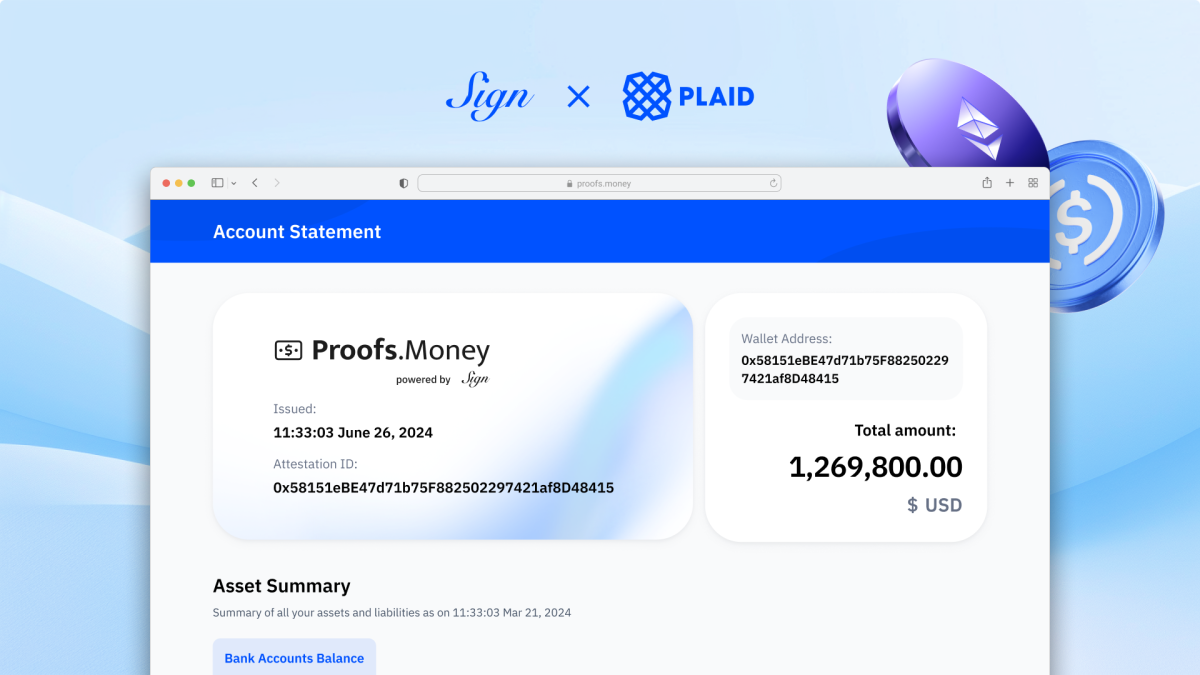EU's anti-money laundering bill passes final vote, here's what's next for crypto-asset service providers

Quick Take
- The European Parliament voted on Wednesday to adopt a package of laws that would in part enhance “due diligence measures and checks on customers’ identity” including so-called crypto asset managers.

The European Parliament adopted new rules that would formally put in place due diligence requirements for crypto firms in a bid to combat money laundering.
The European Parliament voted on Wednesday to adopt a package of laws that would in part enhance "due diligence measures and checks on customers’ identity" including so-called crypto asset managers. They would also have to report suspicious activities to authorities.
The new law would affect crypto-asset service providers (CASPs), such as centralized crypto exchanges, as well as a slew of other institutions including gambling services, according to previous The Block reporting.
Circle's EU Strategy and Policy Director Patrick Hansen, said the vote was expected, in a post on X.
"The package will now be formally adopted by the Council of the EU as well and enter into application 3 years later," Hansen said.
Rumors
Last month, Hansen debunked rumors that the new laws would ban anonymous crypto wallets and self-custodial payments. The new law would apply to CASPs already regulated under MiCA (Markets in Crypto-Assets Regulation), Hansen said. MiCA is a regulatory framework proposed by the European Union to govern digital assets and their markets that came into force in June 2023 and will be fully applicable at the end of the year.
"These CASPs will need to follow standard KYC/AML procedures like customer due diligence (CDD) etc," Hansen said in a post. "This is nothing new, as all crypto exchanges & custodial wallet providers in the EU are already subject to these obligations under the current AMLD5."
Overall, the final version is a "great outcome" for the crypto industry, Hansen said.
“Previous versions of the proposed AMLR proposed a way stricter approach that would have meant a KYC on the self-custody originator/beneficiary, but also thanks to industry efforts a risk-based approach with various options was finally agreed on," Hansen said.
Disclaimer: The Block is an independent media outlet that delivers news, research, and data. As of November 2023, Foresight Ventures is a majority investor of The Block. Foresight Ventures invests in other companies in the crypto space. Crypto exchange Bitget is an anchor LP for Foresight Ventures. The Block continues to operate independently to deliver objective, impactful, and timely information about the crypto industry. Here are our current financial disclosures.
© 2023 The Block. All Rights Reserved. This article is provided for informational purposes only. It is not offered or intended to be used as legal, tax, investment, financial, or other advice.



